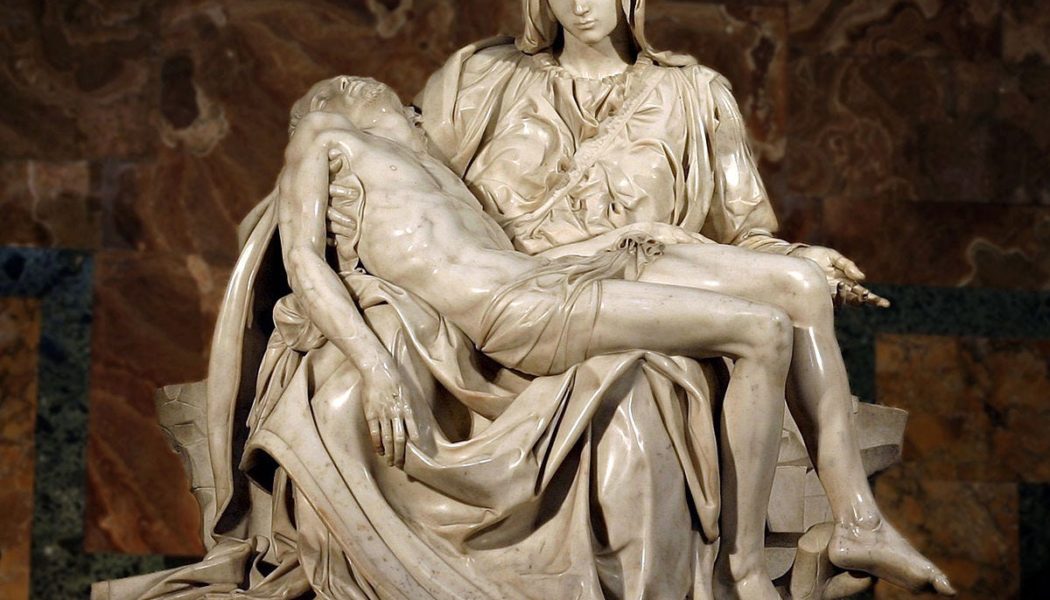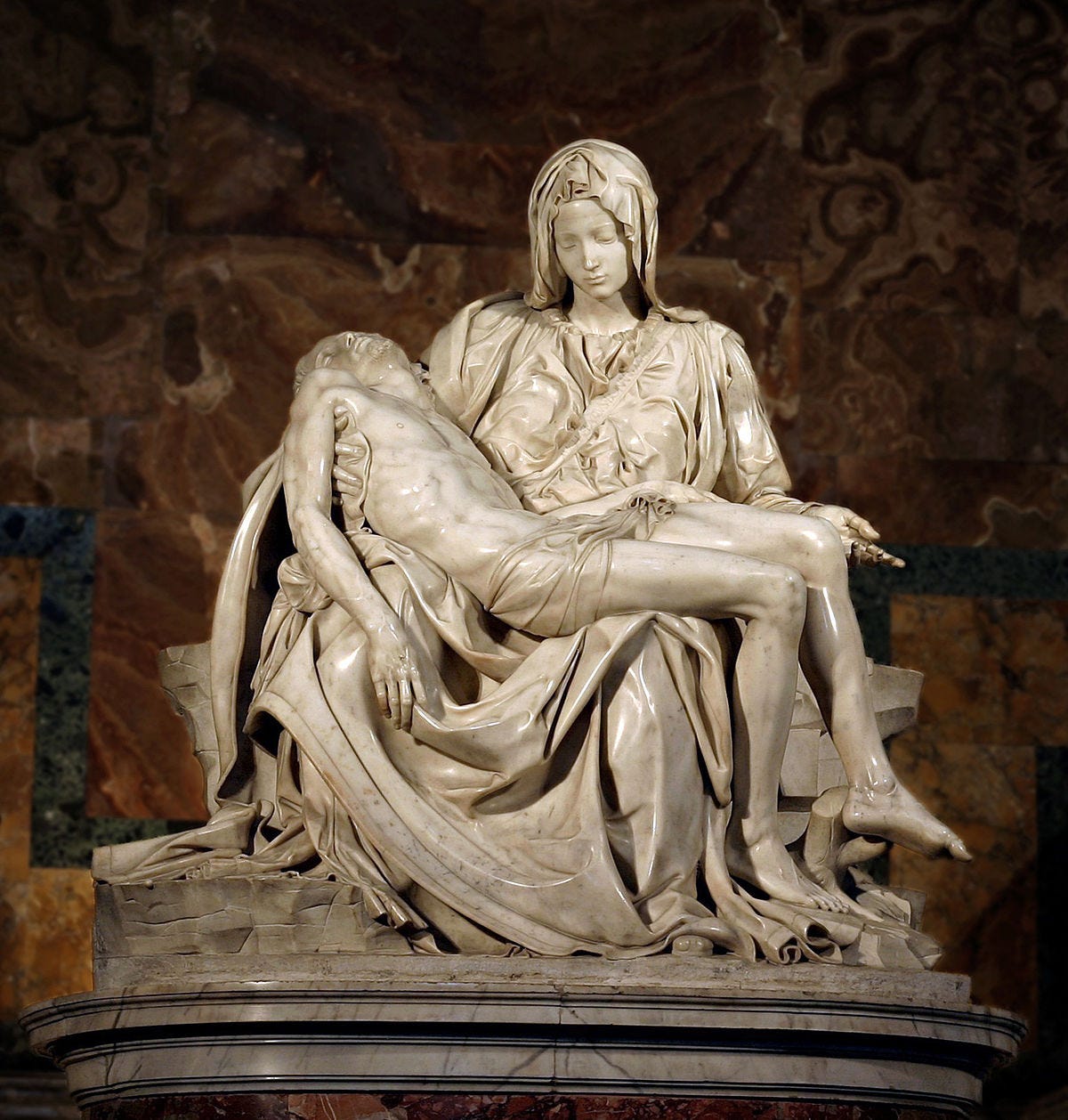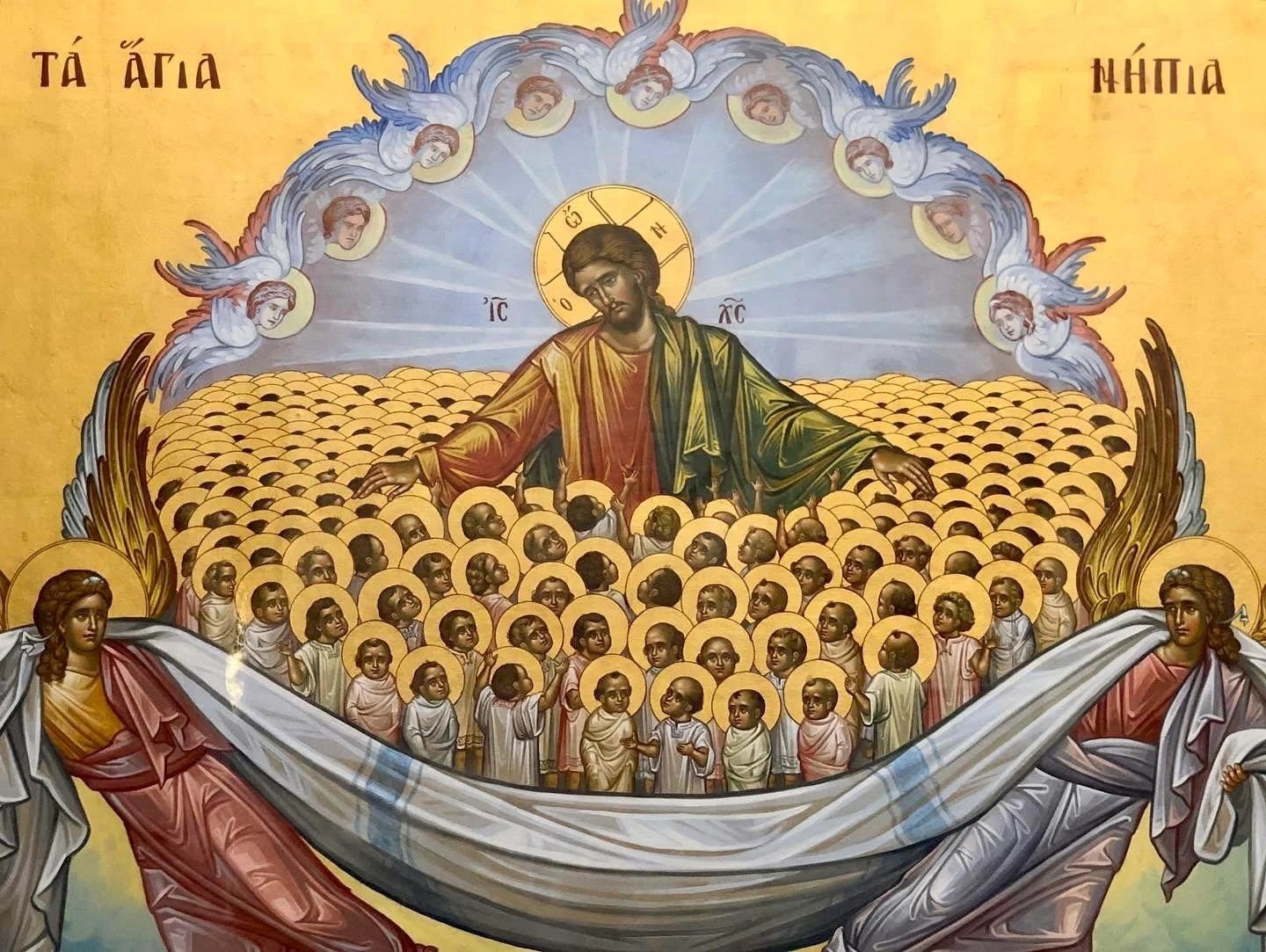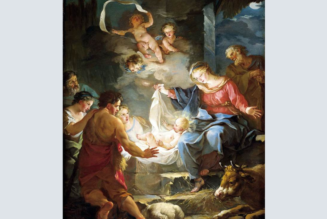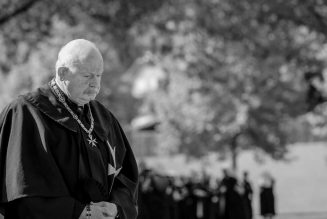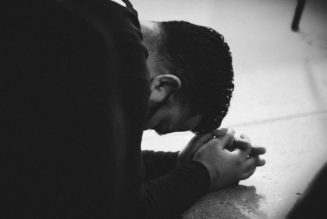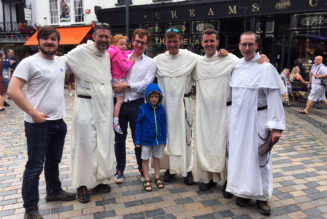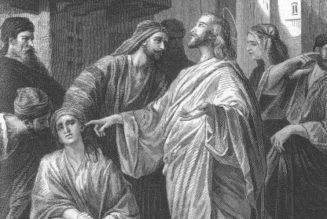A voice is heard in Ramah,
lamentation and bitter weeping.
Rachel is weeping for her children;
she refuses to be comforted for her children,
because they are no more.
—Jeremiah 31:15-17
December 28th is the Feast of the Holy Innocents.
On this day, we remember the children who were killed in King Herod’s rage after the birth of Christ.
To mark this occasion, I want to share with you a hauntingly beautiful song that was written as a lullaby from the mother of a Holy Innocent to her child, about to be unjustly slaughtered.
The lyrics come from the “Coventry Carol,” and the song itself is composed by Philip Stopford. I’ll let the song speak for itself. After the song, I’ll share some words of wisdom from Saint John Chrysostom concerning this tragic event.
Lyrics:
Lully, lullay, Thou little tiny Child,
Bye, bye, lully, lullay.
Lullay, thou little tiny Child,
Bye, bye, lully, lullay.
O sisters too, how may we do,
For to preserve this day
This poor youngling for whom we do sing
Bye, bye, lully, lullay.
Herod, the king, in his raging,
Charged he hath this day
His men of might, in his owne sight,
All young children to slay.
That woe is me, poor Child for Thee!
And ever mourn and sigh,
For thy parting neither say nor sing,
Bye, bye, lully, lullay.
As I listen to the song, the weight of this tragic mystery cuts me to the heart. How shall we make sense of such an injustice?
Those who heard St. John Chrysostom preach about this event had the same question. Let’s listen to what he has to say in response to questions by those who are rightly troubled by the injustice done to the Holy Innocents:
Yea, says one, Herod you have full well deprived of excuse, and proved him bloodthirsty; but you have not yet solved the question about the injustice of what took place. For if he did unjustly, wherefore did God permit it?
Now, what should we say to this? That which I do not cease to say continually, in church, in the market-place and everywhere; that which I also wish you carefully to keep in mind, for it is a sort of rule for us, suited to every such perplexity. What then is our rule, and what our saying? That although there be many that injure, yet is there not so much as one that is injured. And in order that the riddle may not disturb you too much, I add the solution too with all speed. I mean, that what we may suffer unjustly from any one, it tells either to the doing away of our sins, God so putting that wrong to our account; or unto the recompense of rewards.
And that what I may say may be clearer, let us conduct our argument in the way of illustration. As thus: suppose a certain servant who owes much money to his master, and then that this servant has been despitefully used by unjust men, and robbed of some of his goods. If then the master, in whose power it was to stay the plunderer and wrong doer, should not indeed restore that same property, but should reckon what was taken away towards what was owed him by his servant, is the servant then injured? By no means. But what if he should repay him even more? Has he not then even gained more than he has lost? Every one, I suppose, perceives it.
Chrysostom explains that any evil we suffer in this life is either used for the remission of our sins or stored up as a reward for us in Heaven. The latter, not the former, would apply in the case of the Holy Innocents.
Chrysostom goes on to give the example of a servant who is unjustly robbed in the sight of his master. His master has the power to stop it, but does not. Instead, he afterwards repays the servant more than he had before he was robbed. In any earthly situation, we would agree that the servant had made out just fine, and ended up better than he was before the robbery. But when confronted with some recompense or retribution that must wait until Judgement Day, we have a lot more trouble, because trusting in that recompense requires supernatural faith.
Ultimately, the injustices of this life can only make sense in light of the Resurrection—in light of Heaven. All wrongs will not be set right before the Lord comes again. The Church venerates the Holy Innocents as martyrs, and there is no doubt that each of them will certainly receive a martyr’s glorious crown.
Finally, you might be wondering why I included the image of the Pieta, Mary holding the body of Christ after the crucifixion, at the top of this article.
The reason is that there is no one who better encompasses the sorrows of a grieving mother than Mary. Her heart, no doubt, was pierced with compassion for the Holy Innocents on the long, dark road to Egypt. Just as her heart would again be pierced, so many years later, when she held the lifeless body of her tortured child—slain at the hands of a different King Herod—yet still as pure and innocent as the day He was born in Bethlehem.
Nevertheless, agony and injustice did not have the last word. Her Child rose again in glory, He reigns forever, and He promises to raise all of us on the Last Day—those who have done good to the resurrection of life, and those who have done evil to the resurrection of judgment.
